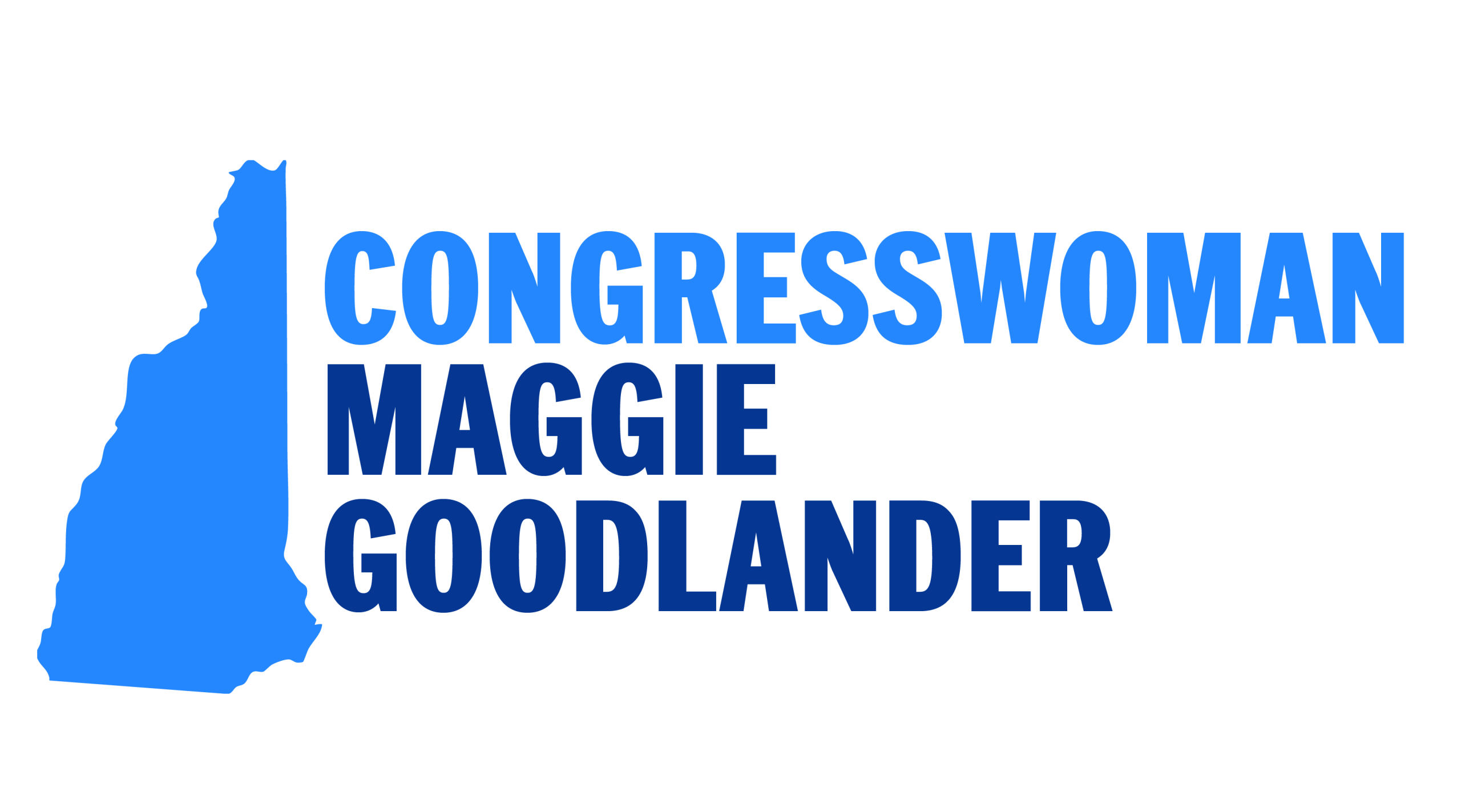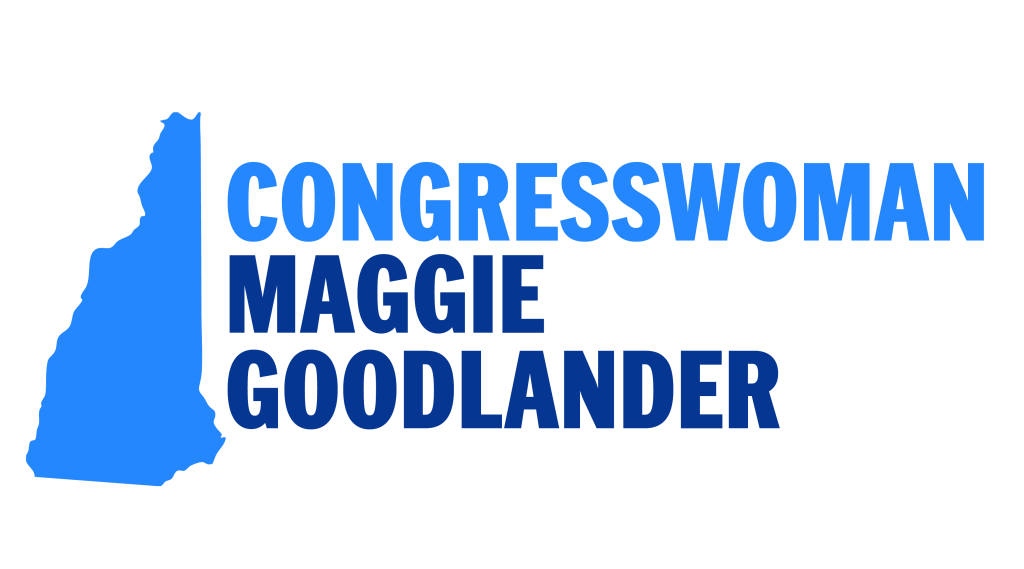Concord, N.H. — Congresswoman Maggie Goodlander, a member of the Rapid Response and Litigation Task Force, joined 162 Members of Congress and 29 Senators in filing an amicus brief before the U.S. Court of Appeals for the Federal Circuit challenging President Donald Trump’s sweeping and chaotic tariffs that were unlawfully imposed under the International Emergency Economic Powers Act (IEEPA). The lawmakers’ brief stands up for Congress’s Article I executive legislative powers and argues that the IEEPA is not a tariff statute. Senate Foreign Relations Ranking Member Jeanne Shaheen co-led this brief, which was also signed by Senator Maggie Hassan. The brief was filed in the matter of Oregon, et al., v. Trump, et al., which was brought forth by 12 States’ Attorneys General.
The members wrote, “The President’s tariffs under IEEPA are mercurial, sudden, and uncertain. It is unclear when they may start, when they may increase or decrease, how much they may increase or decrease, and when they may end. This is dysregulation, not delegation. The President’s actions are not consistent with the lawful power Congress granted in IEEPA in 1977 nor America’s constitutional structure. If the President believes that imposing, removing, or amending tariffs are an appropriate policy measure, Congress has given him tools to pursue those goals. But IEEPA is not one of them.”
In May, the Task Force successfully filed a brief in the same matter before the Court of International Trade (CIT). The CIT decision referenced our brief and struck down the President’s illegal tariffs under IEEPA. The Administration has now appealed the lower court’s ruling, and the matter is now before the U.S. Court of Appeals for the Federal Circuit.
The Constitution gives Congress, not the President, the authority to impose tariffs, and the President can only raise tariffs if Congress has clearly delegated its authority to him. Although IEEPA (enacted in 1977) grants the president authority to impose sanctions, block foreign assets, and regulate economic transactions in response to “unusual and extraordinary threats” originating abroad, it is not a tariff statute and has never been used that way. Congress knows how to delegate tariff authority and has clearly done so on a number of occasions. When Congress does delegate such authority, it imposes substantive, procedural, and temporal limits on the President’s power in order to avoid economic chaos and protect the American people.
The full brief is available HERE.
Congresswoman Goodlander has been a fierce advocate for protecting the institutions Granite Staters rely on from the Trump Administration’s attacks. Before taking the oath to represent New Hampshire in the People’s House, she served as Deputy Assistant Attorney General at the U.S. Department of Justice, a law clerk to Justice Stephen Breyer on the United States Supreme Court, and a constitutional law professor at the University of New Hampshire and Dartmouth. She has filed multiple legal briefs to hold the administration accountable, including against dismantling the Department of Education, in defense of the Consumer Financial Protection Bureau (CFPB), challenging President Trump’s sweeping and chaotic tariffs unlawfully imposed under the International Emergency Economic Powers Act (IEEPA), and challenging the Trump Administration’s efforts to close the Department of Education.
###















